
A gaming fan takes part in an online King of Gloryplaying competition. (Photo provided to China Daily)
China's domestic video game approvals in December hit a 17-month high, signaling the country's dedicated efforts to foster healthy and high-quality development of the sector, analysts said.
On Monday, the National Press and Publication Administration granted licenses to 105 domestic games, the maximum such permits issued since July 2022. On Friday, China also approved a new batch of 40 foreign video games.
The recent approvals "strongly demonstrate the regulator's supportive stance toward the development of online games", the Game Publishing Committee of the China Audio-Video and Digital Publishing Association said in a statement published on its official WeChat account.
Zhang Yi, CEO and chief analyst at iiMedia Research, said the new move is sending a positive signal to the gaming market, and it is helping to address the concerns caused by the recently released guidelines aimed at curbing excessive spending on online gaming.
"December's new game titles include those operated by leading Chinese tech and internet companies such as Tencent and NetEase, showcasing large companies' strong commitment to and confidence in the domestic gaming market," he said.
Zhang said he believes the new release will help further stimulate market vitality, bring more high-quality products to the market and better cater to the gamers' demand.
Data from the NPPA showed that a total of 1,075 game titles were approved this year, of which 977 were domestically produced and 98 were imported. The total number of approved game titles last year was 512 and the same for 2021 was 748.
The Game Publishing Committee said the data for the past three years indicates a gradual increase in the stability of the license issuance policy, as well as a noticeable recovery in the gaming market.
Despite the positive signal, shares of several Chinese gaming companies, including Giant Network Group Co and Kingnet Network Co, hit a limit down on Monday.
The shares of major Chinese online gaming companies, including Tencent and NetEase, plunged on Friday after China issued draft guidelines detailing rules that online games will not be allowed to offer incentives and rewards for daily logins, or for first and consecutive in-game purchases.
On Saturday, the NPPA provided updates on the draft proposals aimed at fostering prosperous and healthy sector development. It said it will continue to gather opinions from different parties to refine the draft proposals, including market concerns over proposed rules.
Thomas Chong, an equity analyst at Jefferies Hong Kong Ltd, said the significant share price correction of online gaming stocks was mainly due to the concerns over a sector crackdown, noting that comments from the NPPA together with ongoing game approvals address such market concerns.
"In fact, the draft proposals from the NPPA aim to fine-tune the rules after its takeover of the supervision of the gaming industry from the Ministry of Culture and Tourism in 2019," Chong said. "We expect the market to watch out for developments on final implementations in the coming months. We believe market concerns over a sector crackdown are overdone."
Tencent Games said the draft rules will not change the reasonable business models and operations of gaming companies. It said the regulations offer more clarity about the country's supportive attitude toward the industry, and has provided guidance in encouraging high-quality original games.
NetEase Games said there is no "intrinsic impact on business", adding that the draft proposals aim to foster high-quality and healthy industry development.
Zhang Shule, an independent commentator on the IT and gaming industry, said the draft guidelines aim to establish further regulations for license approvals, specifying details such as the approval process, and this year's normalization of license approval ensures the stable development of the gaming industry.
"The final implementation will bring a surge in approved game titles in the future," he said. "This implies that, when addressing the problems in the gaming industry's management, a diverse landscape of games is expected to emerge, entering a new era of competition based on creativity and technology."










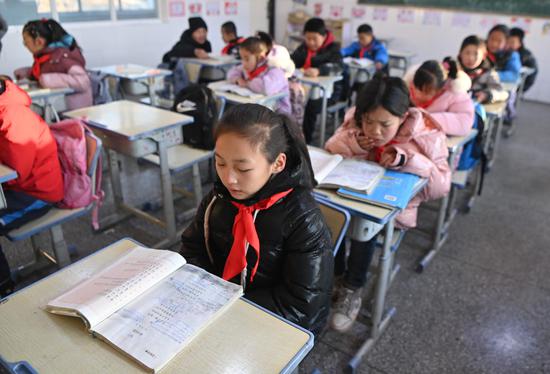





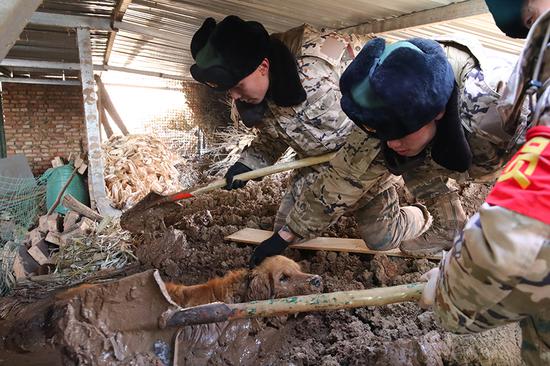








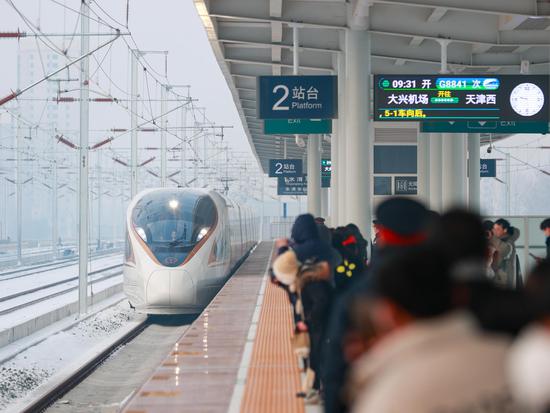








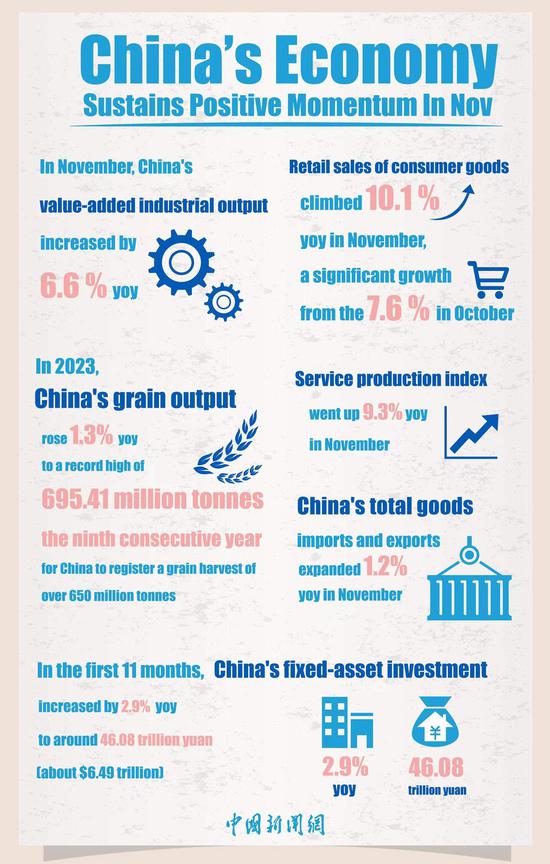





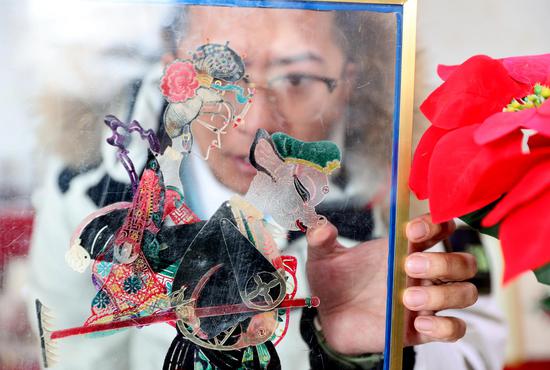
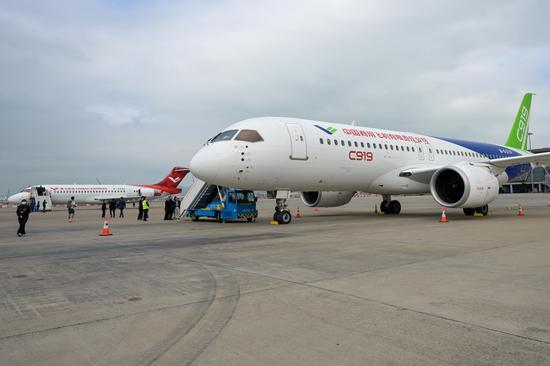


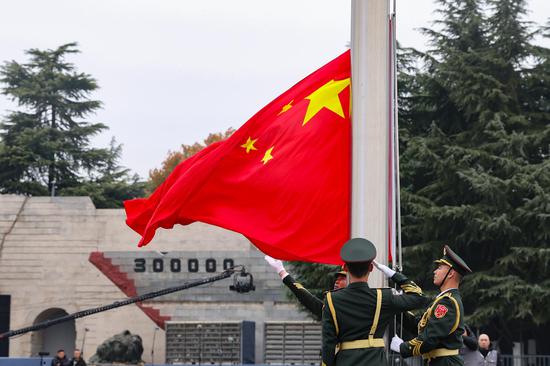





 京公网安备 11010202009201号
京公网安备 11010202009201号